

Setting up a quality infrastructure system in Central Africa
26 February 2019 UNIDO
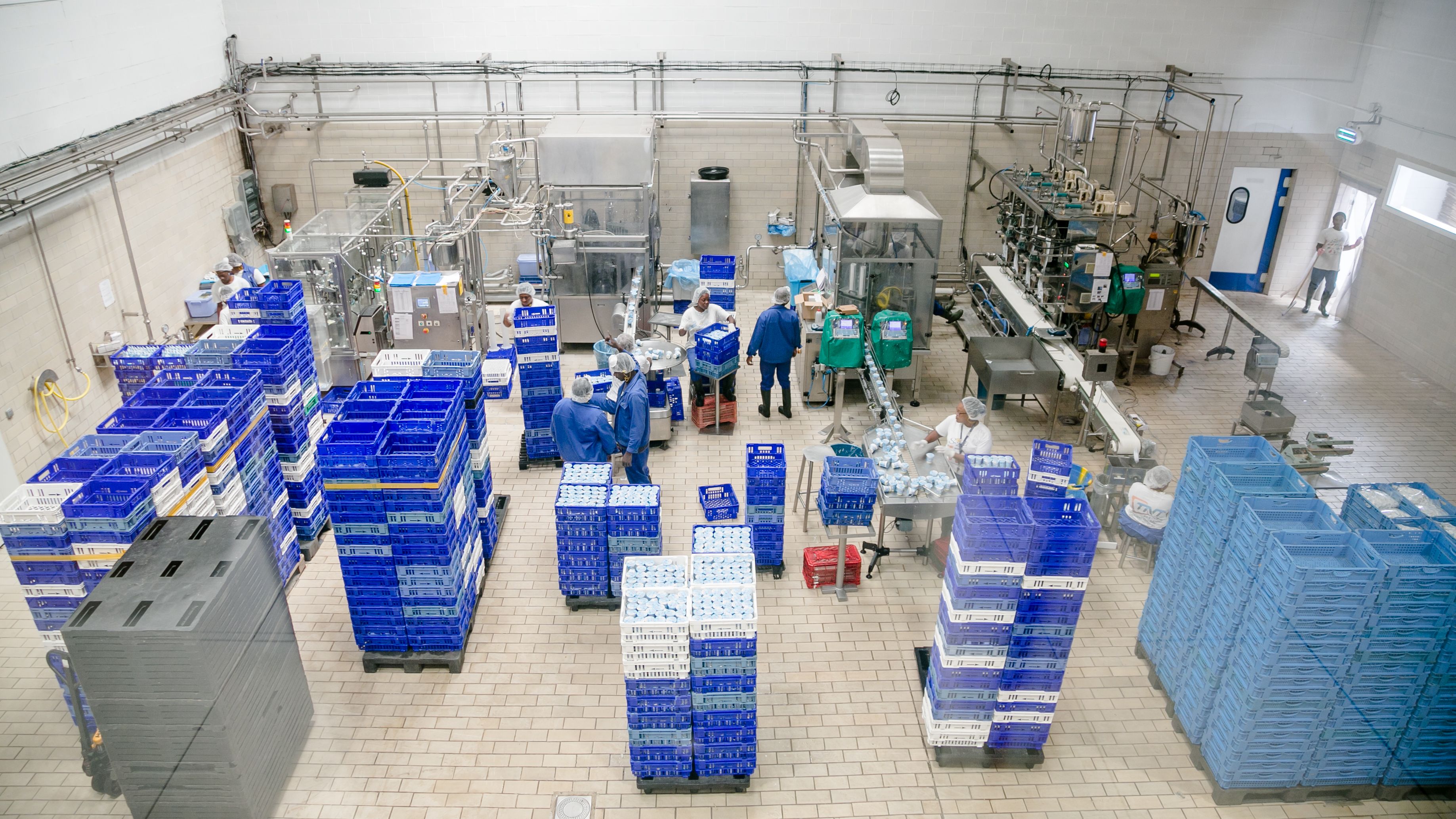
Central Africa has an enormous potential for economic development and job creation. However, national economies are still vulnerable to shocks and the level of trade within and outside the region remains low. This is due, among others, to a weakly developed private sector and to the poor quality of products, which often do not meet market requirements.
It is with this challenge in mind that the European Union, the United Nations Industrial Development Organization (UNIDO) and the Central African Economic and Monetary Community (CEMAC) partnered to strengthen the competitiveness of the region through the enhancement of quality in seven countries, namely Cameroon, the Central African Republic, Chad, the Democratic Republic of the Congo, Gabon, the Republic of the Congo and São Tome and Principe. The Quality Infrastructure Programme for Central Africa – the PIQAC – was hence born in 2015.
“For a quality infrastructure system to be efficient, you have to use a holistic approach,” said Olivier Tchoumi, PIQAC’s Chief Technical Advisor. “One element cannot work without the other, and vice-versa. That’s why we worked at every level of the system through the Programme.”
“We first gathered all the institutional stakeholders and governments of the seven beneficiary countries to develop and adopt texts that will be translated into national laws, ensuring a common vision of quality in the region for the years to come, as well as to establish a regional standardization organization for Central Africa, the CEMAC-NORM.”

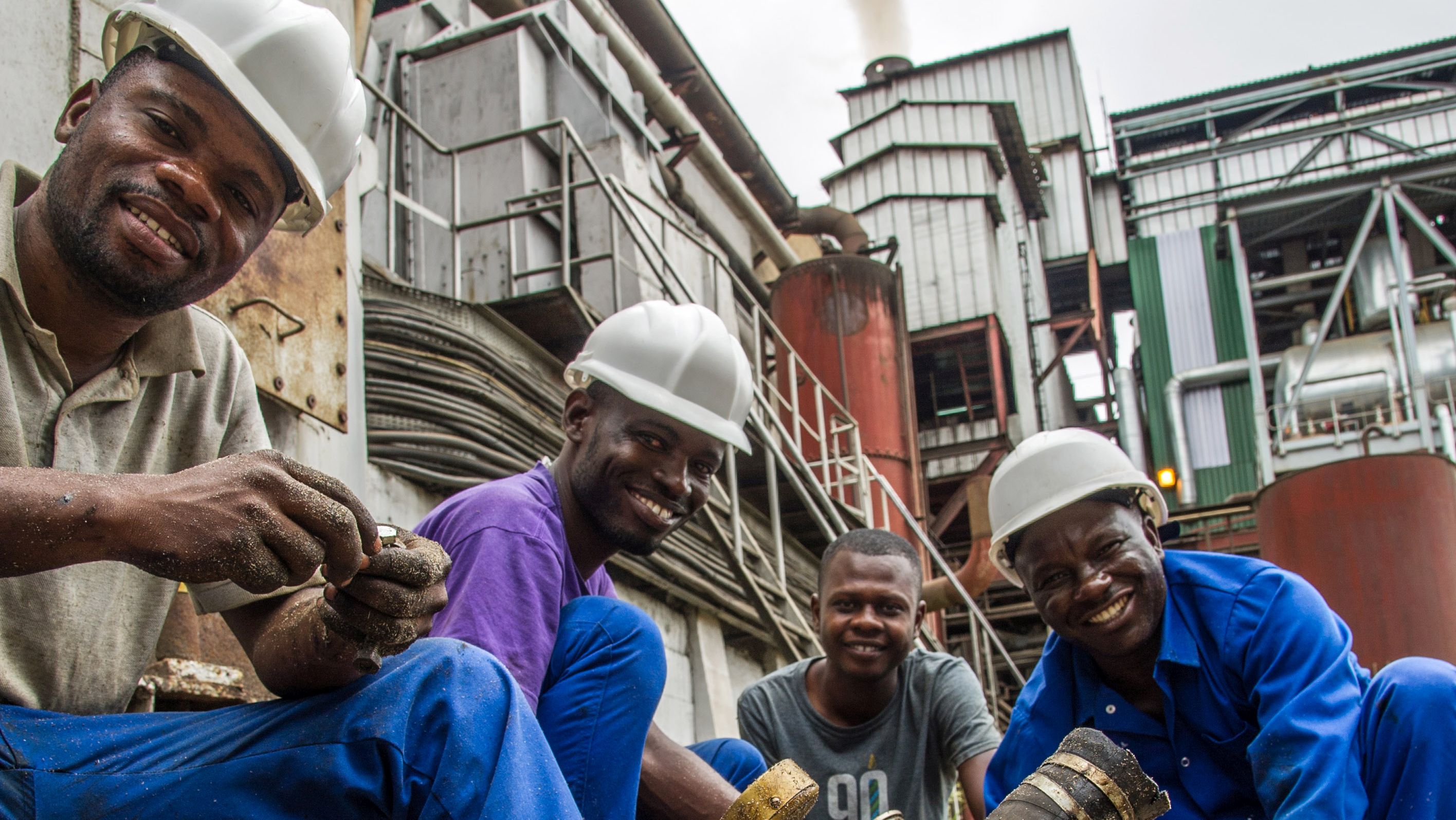
The PIQAC also supported private sector companies through three years of technical assistance to improve the quality of their products in line with international standards by strengthening staff capacities, providing adequate equipment and improving processes.
SN Husaca, a company specializing in corn transformation, benefited from this support:
“The situation at SN Husaca, before the intervention of UNIDO, was quite critical. We were about to shut our doors,” said the director. “Right after we got selected by the programme, a UNIDO expert carried out a clear diagnosis of our situation and production processes. For the past three years, we received training, participated in workshops and benefitted from the help of a dedicated UNIDO international expert, together with a trainee food safety consultant.”
“You cannot recognize our company now: we adapted our processes to the ISO/IEC 22000 standard, which sets up the requirements of the food safety management systems. We doubled our turnover. And we just got certified ISO/IEC 22000! Lastly, we even signed an agreement with the World Food Programme. And we have decided that to ensure the quality of our productions in the future, we will hire the consultant trained by the PIQAC in food safety.”
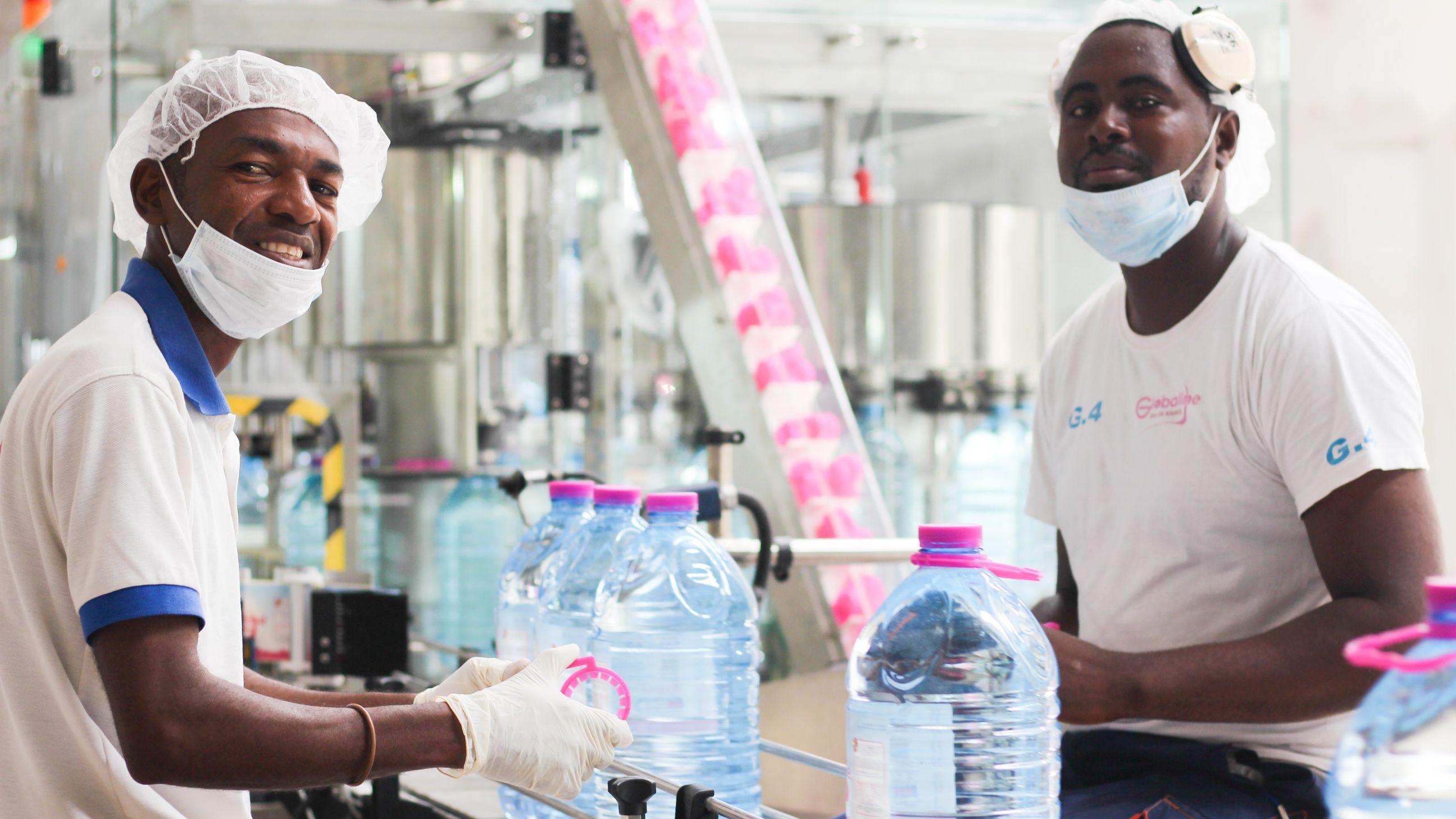
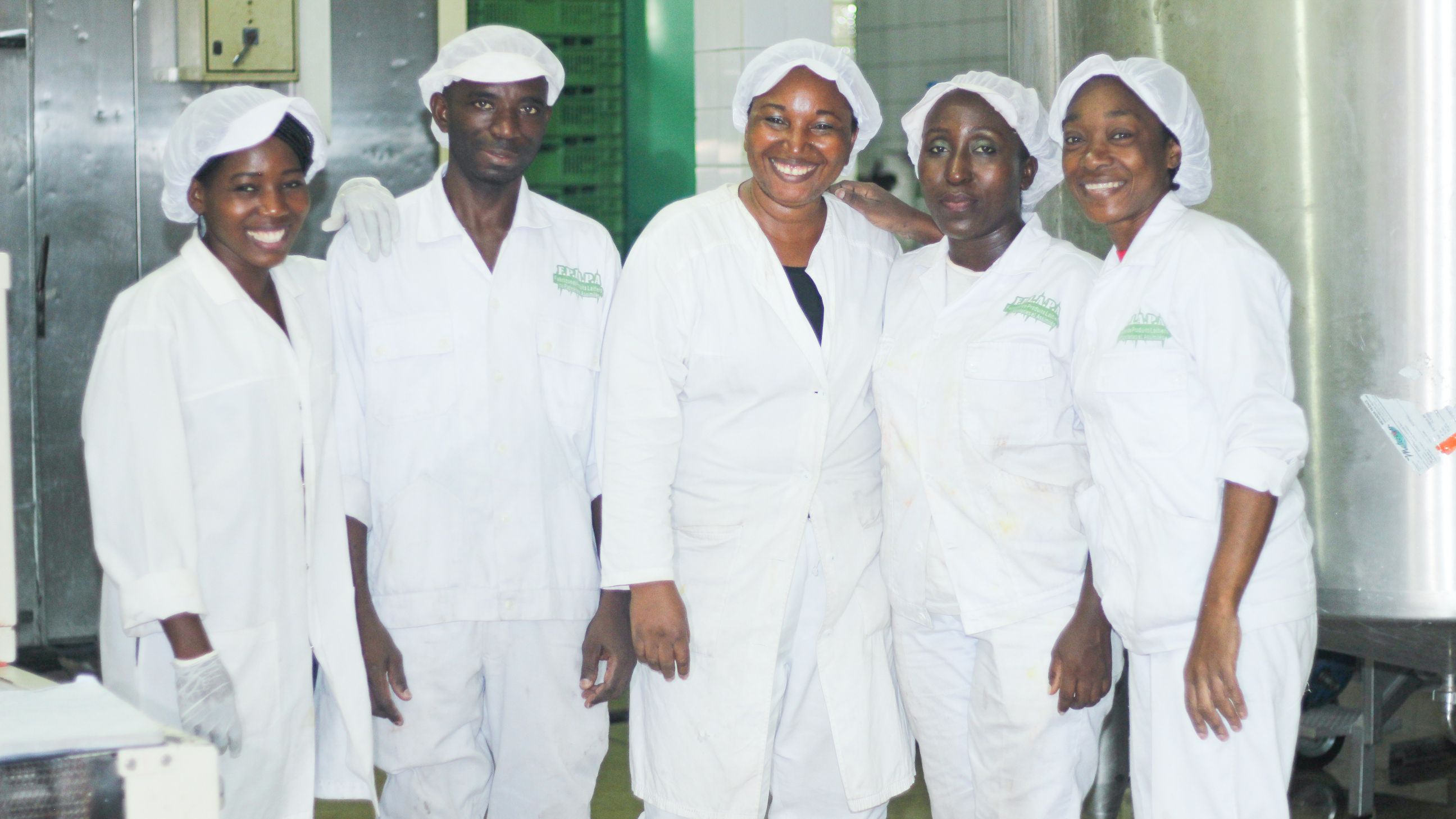
The PIQAC food safety traineeship also qualified 17 consultants, out of which 11 are now third-party auditors. Pierre Rodrigue Bilong is one of them: “I have been hired by an international consulting firm located in Cameroon,” he said. “Those from us who are now third-party auditors will provide Central Africa with this rare and precious competence, allowing our countries to develop trade with the rest of the world.”
Through PIQAC’s, 14 testing laboratories – two per countries – received support towards ISO 17025 accreditation, which confirms that laboratories are fully competent to carry out tests and calibrations, including sampling, competently and generate valid results. Two laboratories have already been accredited – one in Cameroon and one in Gabon – for tests on water and animal issues.
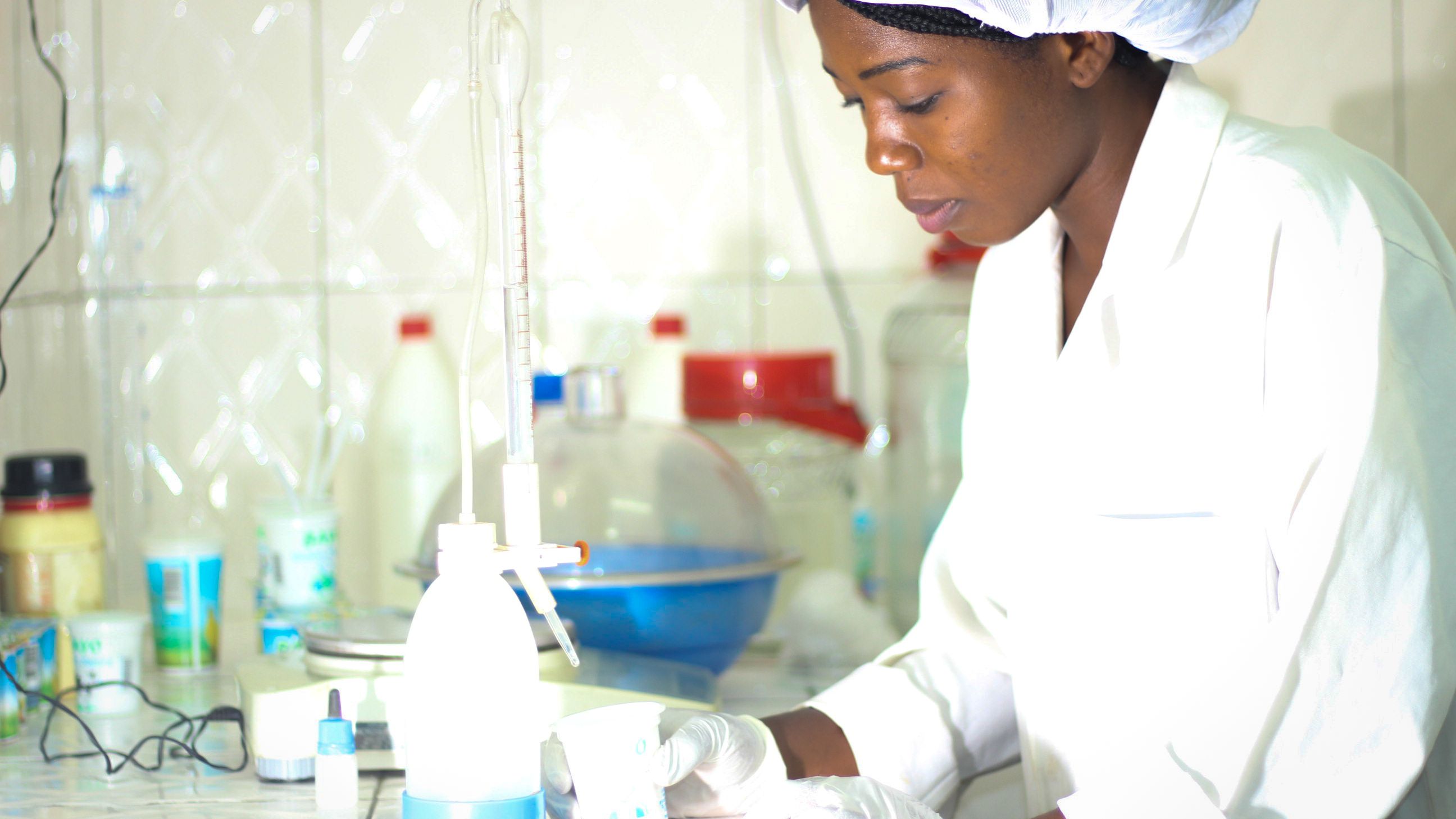
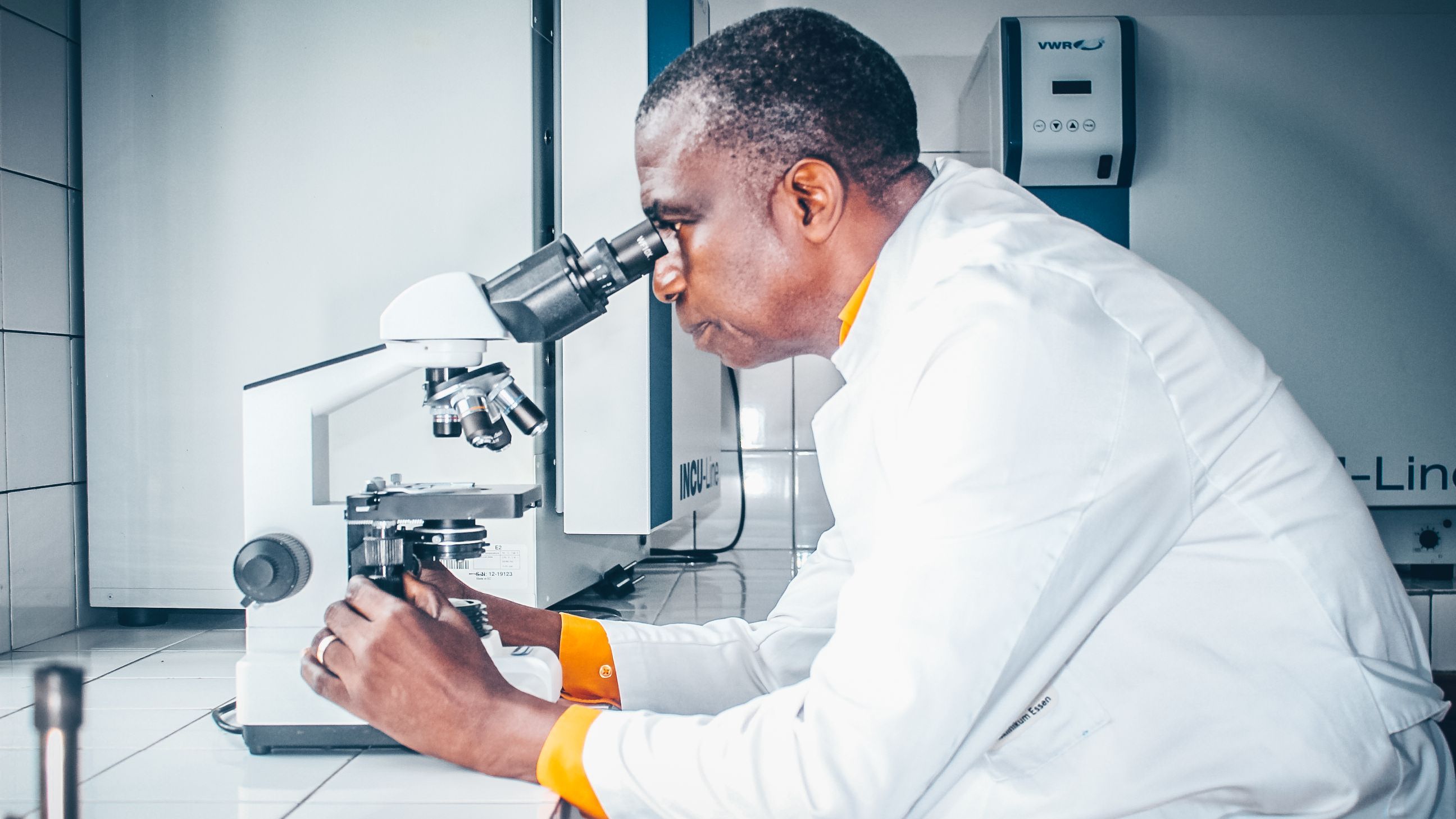
Through several workshops, the Programme helped raise awareness of quality among consumers and the private sector.
In Gabon, for example, the workshop helped to set up a network of female entrepreneurs. “After the workshops, we have been contacted by a brand of supermarkets which was interested in our products,” said Eloue Kaliopi, producer of artisanal jam and member of the network. “The owners of the brand attended the workshops and thanks to the advice of UNIDO through the PIQAC training, they decided to trust the quality of our products, packaging and production processes. We now have a special corner in several supermarkets in Libreville entirely dedicated to our products.”
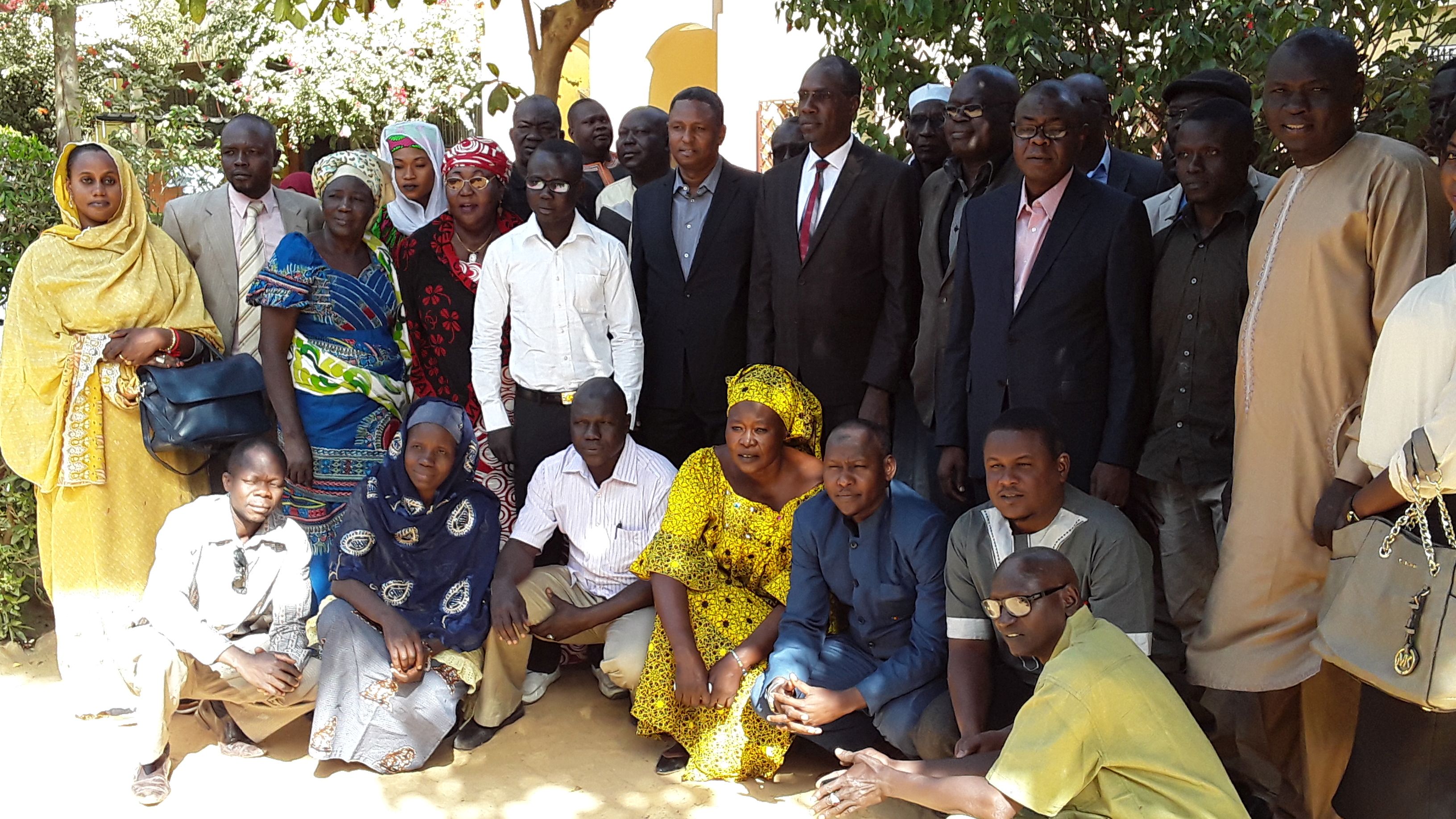
Juan Pablo Davila, PIQAC Project Manager at UNIDO, said: “Thanks to PIQAC, all the quality infrastructure components of Central Africa region have been strengthened. The region is on the right path to complete its economic integration and to be competitive on the international market. This will be key for the countries of the region which will look to harness the potential of the African Continental Free Trade Area (AfCFTA) for economic growth. The programme is a major contributor to the achievement of the Third Industrial Development Decade for Africa (IDDA III).”